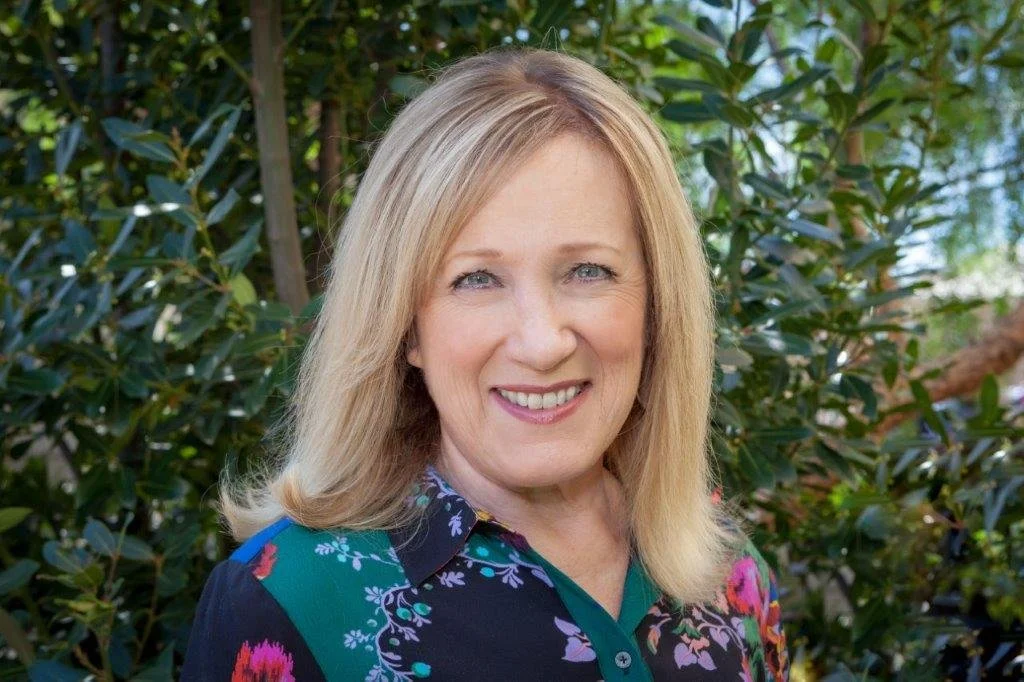In the early 2000’s, my church purchased the book The Purpose Driven Life by Pastor Rick Warren for all of our church members and attenders; we embarked on a sermon series based on the content of the book. At the time, I was leading a ministry initiative that was personally very impactful, and God used it to encourage me to continue the call towards ministry I had felt in my spirit since my late teens.
At the time, I never had a clue that a large aspect of the purpose of my life would be similar to that of the Warrens. But in the years since the initial publication of this book, the Warrens have become some of the leading voices in the American church for Christ-followers to be much more intentional in their understanding of and equipping for mental health needs.
There continue to be vast differences of thought about mental health challenges among Christian leaders. That’s understandable, given the complexity of mental health challenges and the frequent lack of success with medications and therapy. And that’s even before the challenges of determining whether or not a person CAN’T do something versus WON’T do something, commonly seen in neuro-diverse conditions and some mental illnesses.
But the bottom line for me, and I would argue that should be for every Christ-follower, is that every person I encounter is someone Christ loves and died for. If that person desires to repent and give their lives to Christ, I have an obligation as a disciple of Jesus to help that person become a disciple of Jesus. And for every Christ-follower who is walking through a challenge that is too great to bear alone, it’s likewise my obligation and the obligation of the Church to come alongside, to help them carry that burden. Kay Warren and her team who will be speaking at Mental Health and the Church have done those very things.
No one’s life is ever as perfect as social media portrays; Rick and Kay Warren are no exception. Along with the tremendous success of the initial Purpose Driven book and later series, their youngest son Matthew began increasingly struggling with his mental health. Ultimately, in April 2013, Matthew took his life. Rick and Kay entered a season of relentless grief and despair that are familiar to many in our audience.
From the ashes of that time, Rick and Kay developed a robust mental health support organization and resources. They’ve hosted conferences on how churches can support the mental health needs within their church families and local communities. Kay now heads up an organization called “Hope for Brighter Tomorrows,” which sponsors the ministry BREATHE, whose purpose is to provide support for parents whose children have serious mental illness.
In my opinion, the reason that mental health ministry has come to the forefront of much of Christian thought is not only because of the efforts of people like the Warrens, and not only because of the explosion of mental health needs, but because the common ground of mental illness is where so many people languish, in long-term seemingly unanswered prayer. I know of what I speak.
Shortly after my church began The Purpose Driven Life series, I sent a copy of the book to some loved ones, people I had prayed for for many years. When I asked the loved ones about the book, there was a point in the conversation when I was sharply rebuked; tears immediately sprang to my eyes.
At some point in my prayers about this situation, God gradually let me know that I was the one who had to change. Like the apostle Paul, this was a thorn in the flesh that would not be removed this side of eternity.
That thorn has been painful indeed. I am 100% confident that my Lord could heal or right the things about this thorn that are wrong, but He hasn’t. Instead, He’s told me to LOVE people with these relentless challenges that are out of their control. I’m not talking about willful sin, but behaviors that demonstrate mental health conditions, and unwittingly reveal deeply wounded souls. That’s truly the heart of mental health ministry.
We invited Kay Warren and her team to help us kick off our first Mental Health and the Church conference to highlight the importance of reaching out to the ‘least of these.’ You see them every day in your church and community. These are the people who—on the low end of the mental illness spectrum—are the individuals you don’t want to run into at church, and neither does anyone else. On the more challenging end of this spectrum are the people who are seemingly beyond the loving touch of either God or man, like the young man or woman addicted to drugs who lives in a tent in the woods near your grocery store, begging on the street corner.
No one has a solution for every problem. But Kay and her team have each experienced significant mental health challenges personally in themselves or with their children, and have come through the fire with wisdom to share. We encourage your ministry team to come to #MHATC2024 learn from Kay, Kelly, Luan, and the rest of the speakers who will collectively provide resources and guidance to help make the loneliness and despair associated with mental illness a thing of the past in your church and local community.






